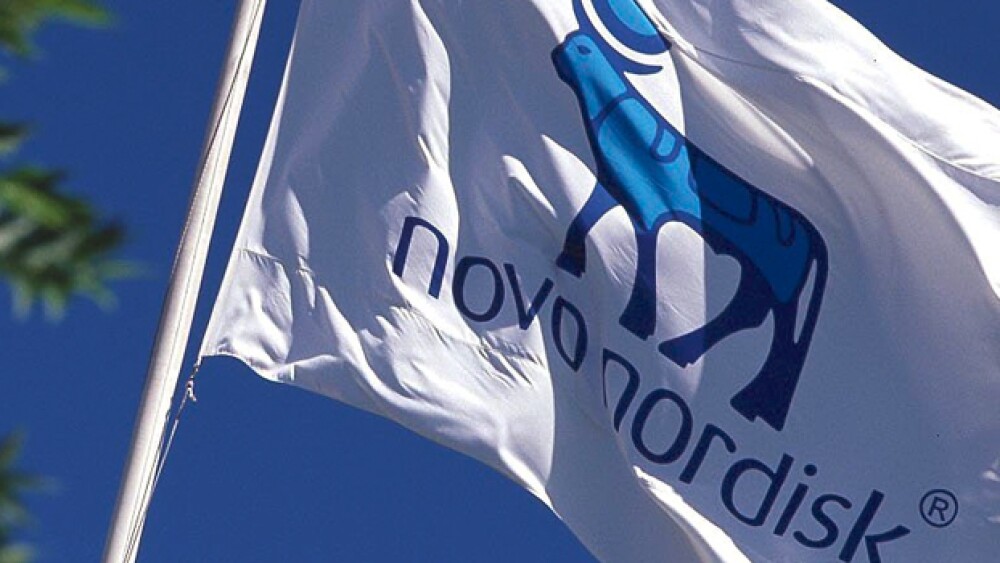An advisory panel with the FDA gave a near unanimous support to Novo Nordisk’s diabetes drug semaglutide, a long-acting GLP-1 analogue.
An advisory panel with the U.S. Food and Drug Administration gave a near unanimous support to Novo Nordisk’s diabetes drug semaglutide, a long-acting GLP-1 analogue.
In a 16 to 0 vote that included one abstention, the FDA’s Endocrinologic and Metabolic Drugs Advisory Committee supported the potential approval of once-weekly semaglutide to improve glycaemic control in adults with type 2 diabetes. The panel’s approval paves the way for full FDA support. The drug is scheduled for a Dec. 5 vote. If semaglutide is approved, it will square off against Eli Lilly’s Trulicity (dulaglutide), also a glucagon-like peptide 1 receptor agonist.
In a head-to-head comparison, Novo Nordisk’s semaglutide outperformed Trulicity in improved glucose control and weight loss.
Novo Nordisk Chief Scientific Officer Mads Krogsgaard Thomsen said semaglutide has demonstrated the ability to improve the lives of patients with type 2 diabetes. In a statement, Thomsen said the positive support from the advisory panel is an important step for taking the drug to market.
Thomsen told Reuters that he believes the panel’s support should pave the way for a timely approval of the diabetes drug. Semaglutide has not yet been given a branded name, but Thomsen said in his interview that approval will allow Novo Nordisk to target about 95 percent of the 30 million diabetes patients in the United States who do not use a GLP-1 drug to manage their disease.
Novo Nordisk filed its New Drug Application in December 2016 following positive Phase III clinical trials that showed semaglutide demonstrated statistically significant and sustained blood glucose control compared to Merck’s Januvia (sitagliptin), exenatide extended-release, once-daily insulin glargine U100 and placebo, the company said. Additionally the trials demonstrated that semaglutide has been shown to reduce cardiovascular risks.
In its support for semaglutide, the FDA panel looked past concerns of diabetic retinopathy, which is damage to the blood vessels in the eyes. Diabetic retinopathy can lead to blindness. In its testing, Novo Nordisk included eye exams. During clinical testing, the company said its drug wasn’t responsible for retinopathy. Writing in Endpoints News, John Carroll noted that Novo Nordisk researchers said the eye issues were related to “the sudden drop in HbA1c which the drug was responsible for.” That sudden drop is something that can be managed through the right warning label to alert patients who are at risk, Carroll said.
Semaglutide is currently under review by several regulatory agencies, including the European Medicines Agency and the Japanese Pharmaceuticals and Medical Devices Agency.
If approved, analysts have predicted that semaglutide could generate more than $3 billion in revenue by 2023.
Pricing for the drug has not been determined, but if approved, Thomsen told Reuters that the drug would be priced similarly to other GLP-1 drugs, perhaps with a small premium.





